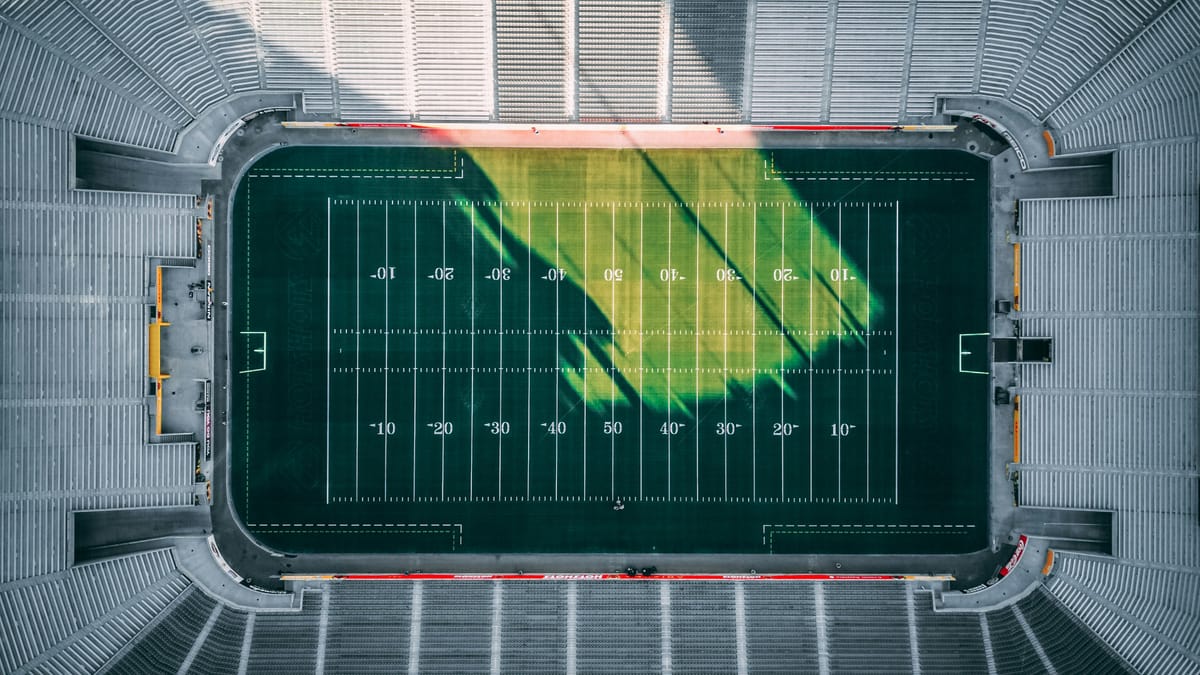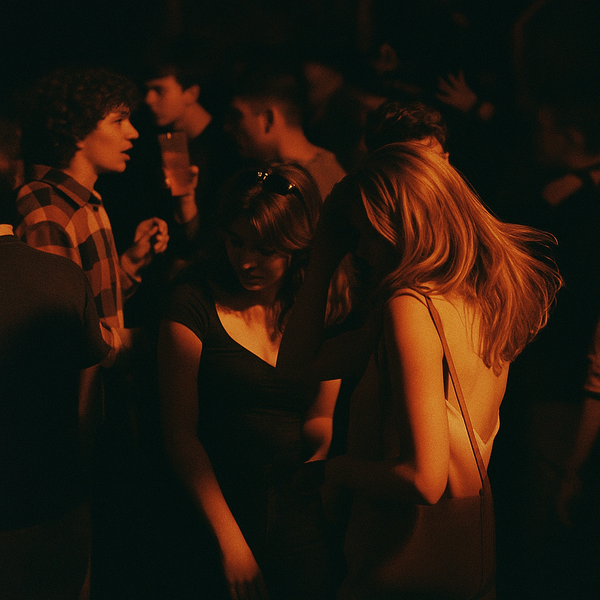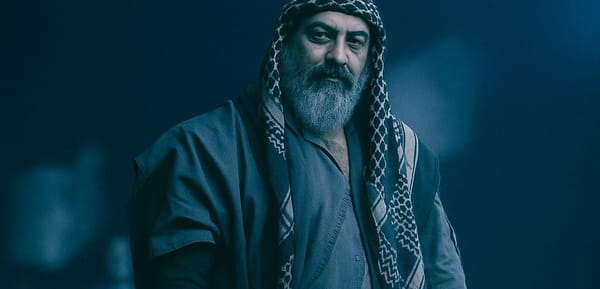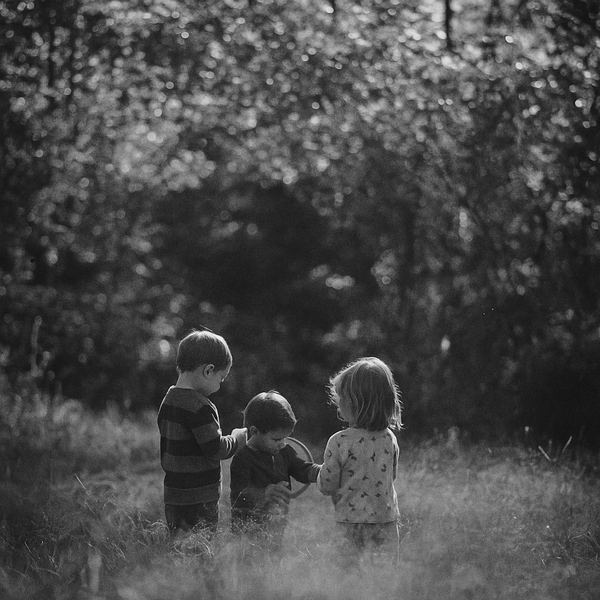Bad Bunny's Super Bowl Show: More Than Just a Performance

Here's a fun fact that would have broken my high school Spanish teacher's brain: the guy who's about to headline the Super Bowl halftime show doesn't need to sing in English to sell out stadiums across America. Bad Bunny—born Benito Antonio Martínez Ocasio, though nobody calls him that except maybe his mom when she's mad—just landed the 2026 Super Bowl LX halftime show in San Francisco. And somewhere, a marketing executive from 2005 is having an existential crisis about whether subtitles count as innovation.
The announcement came with all the usual fanfare: Jay-Z's Roc Nation producing, Apple Music sponsoring, and the NFL trying very hard to look like they've always been cool with reggaeton. But here's what's actually happening beneath the press releases and corporate handshakes: America is finally admitting that its soundtrack changed while nobody was paying attention.
The Numbers Don't Lie (But They Do Dance)
Let me paint you a picture with some data, because nothing says "cultural revolution" like statistics you can shake your hips to. Bad Bunny isn't just popular—he's "your mom knows who he is" popular. The Puerto Rican superstar has been Spotify's most-streamed artist globally for three consecutive years. His 2022 album "Un Verano Sin Ti" became the most-streamed album on Spotify ever, period, in any language. He's sold out stadiums from Los Angeles to New York, with tickets moving faster than my cousins at an all-you-can-eat buffet.
But here's the kicker: he's done all this while singing almost exclusively in Spanish. No crossover singles, no awkward English remixes, no "featuring Drake" to legitimize his presence. Just pure, unapologetic Spanish-language music that somehow convinced millions of non-Spanish speakers that maybe they've been missing out on something spectacular.
The Great American Identity Crisis (Now With Better Rhythm)
What makes this halftime show announcement so delicious isn't just that it's happening—it's that it feels inevitable. Like when your parents finally get on TikTok and you realize the revolution already happened while you were busy arguing about it. The U.S. Census Bureau projects that by 2045, America will be "minority white" for the first time. But culture doesn't wait for demographic milestones; it seeps through the cracks like water, or in this case, like the bass line from "Yo Perreo Sola" vibrating through apartment walls at 2 AM.
The Latino population in the U.S. has grown to over 62 million people, roughly 19% of the total population. That's not a niche market—that's a whole ass demographic shift that makes the melting pot metaphor look more like a really good salsa. And I mean both kinds of salsa.
When Shakira and Jennifer Lopez took the Super Bowl stage in 2020, conservative commentators lost their minds over a few seconds of ululation and some Spanish lyrics. Four years later, we're getting an entire show from an artist who probably won't throw English speakers a single bone, unless you count the universal language of absolutely sick beats.
The Kids Are Alright (They're Just Not Speaking Your Language)
Here's where my generation comes in, wearing our Bad Bunny merch to family dinners and making our tías cry tears of joy. Gen Z doesn't see language as a barrier—we see it as a feature, not a bug. We grew up on YouTube, where the algorithm doesn't care what language you speak as long as you keep watching. We learned Korean from BTS, Japanese from anime, and Spanish from Bad Bunny. We're linguistic magpies, collecting phrases and cultural references like Pokémon cards.
My college roommate, who's whiter than mayonnaise on Wonder Bread, knows every word to "Safaera." She doesn't speak Spanish, but she'll tell you with complete confidence that Bad Bunny is "más cabrón." This isn't appropriation—it's appreciation so pure it transcends Google Translate.
The Super Bowl halftime show has always been about more than music. It's America's way of telling itself who it is, broadcasted to over 100 million people eating wings and pretending they understand football. Prince told us we could party like it's 1999. Beyoncé reminded us of Formation and Black power. Lady Gaga literally jumped off the roof to show us we could fly. And now Bad Bunny is about to tell us that America sounds different than it used to, and that's not just okay—it's fucking fantastic.
The Corporate Awakening (Or: How Money Learned Spanish)
Let's be real for a second about why the NFL—an organization that took until 2020 to admit Colin Kaepernick might have had a point—suddenly cares about Latin representation. It's the same reason McDonald's started selling empanadas in certain markets: money speaks all languages fluently.
The Latino community's buying power in the U.S. has reached $3.2 trillion. That's trillion with a T, which in any language means "pay attention to us." Brands that ignored this market are now scrambling to catch up, hiring diversity consultants and pretending they've always loved reggaeton. It's capitalism doing what capitalism does best: following the money while pretending it's following its heart.
But here's the thing about representation that starts as tokenism—sometimes it accidentally becomes real. When kids see Bad Bunny commanding the Super Bowl stage, they're not thinking about market demographics. They're thinking, "Holy shit, that could be me." And that's how culture actually changes: one "holy shit" moment at a time.
The Sound of Tomorrow (It Has an Accent)
Bad Bunny at the Super Bowl isn't just a performance—it's a time stamp. Years from now, we'll look back at this as the moment America officially admitted its playlist had gone bilingual. Not because one artist sang some songs, but because 100 million people tuned in and nobody asked for subtitles.
The beautiful irony is that Bad Bunny's success isn't about assimilation—it's about the opposite. He's proven that you don't need to water down your culture to make it palatable. You can be exactly who you are, speak exactly how you speak, and still end up on the world's biggest stage. That's not just a win for Latin music; that's a win for everyone who's ever been told they need to change to fit in.
So when February 8, 2026, rolls around and Bad Bunny takes that stage at Levi's Stadium, remember: you're not just watching a halftime show. You're watching America realize that its future sounds different than its past, and that maybe, just maybe, that's the best thing that could happen to a country that's always claimed to be a melting pot but usually just ended up being a TV dinner with separate compartments.
The real joke isn't that Bad Bunny is headlining the Super Bowl. The joke is that it took us this long to realize the party started without us, and we've been missing out on the best playlist this whole time.
References
- https://www.cbsnews.com/news/bad-bunny-2026-super-bowl-halftime-show
- https://www.nme.com/news/music/bad-bunny-will-headline-the-2026-nfl-super-bowl-halftime-show-3895792
- https://apnews.com/article/8d39f256c8ff8922871f1d613ba51c3d
- https://apnews.com/article/39e38ebd14ad9b63bf76f12eca5adb54
- https://pitchfork.com/news/bad-bunny-to-play-2026-super-bowl-halftime-show
- https://www.newsweek.com/bad-bunny-to-headline-super-bowl-lx-halftime-show-in-2026-10795457
- https://abcnews.go.com/Entertainment/wireStory/latin-superstar-bad-bunny-headline-2026-super-bowl-126027937
- https://www.hotpress.com/music/bad-bunny-to-headline-2026-super-bowl-halftime-show-23110370
- https://www.kclu.org/arts-culture/2025-09-28/latin-superstar-bad-bunny-will-headline-the-2026-super-bowl-halftime-show
- https://www.foxsports.com/articles/nfl/latin-superstar-bad-bunny-will-headline-the-2026-super-bowl-halftime-show
- https://www.essence.com/entertainment/bad-bunny-super-bowl-halftime-2026
- https://www.indy100.com/viral/bad-bunny-super-bowl-halftime-show-2026
- https://www.thewrap.com/bad-bunny-perform-super-bowl-halftime-show-2026
- https://news.pollstar.com/2025/09/28/latin-megastar-bad-bunny-to-perform-2026-super-bowl-halftime-show
Models used: claude-opus-4-1-20250805, gpt-image-1




